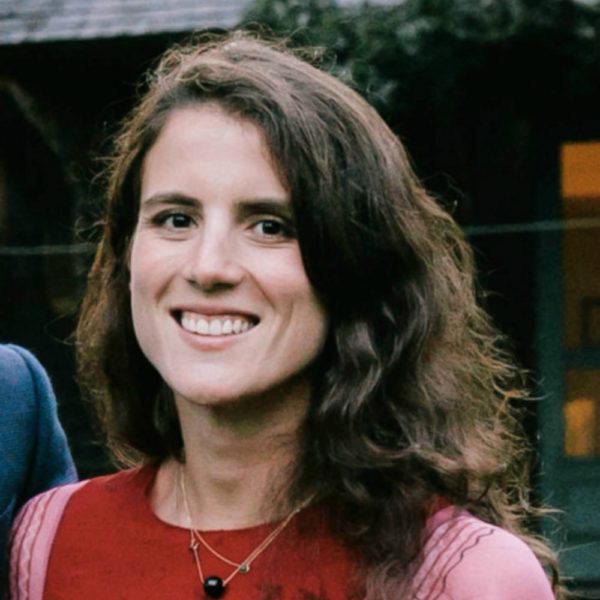Advertisement
5 Questions
On Climate Guilt, 2020, And Why Your Jeans Are Bad For The Environment: 5 Questions With Tatiana Schlossberg
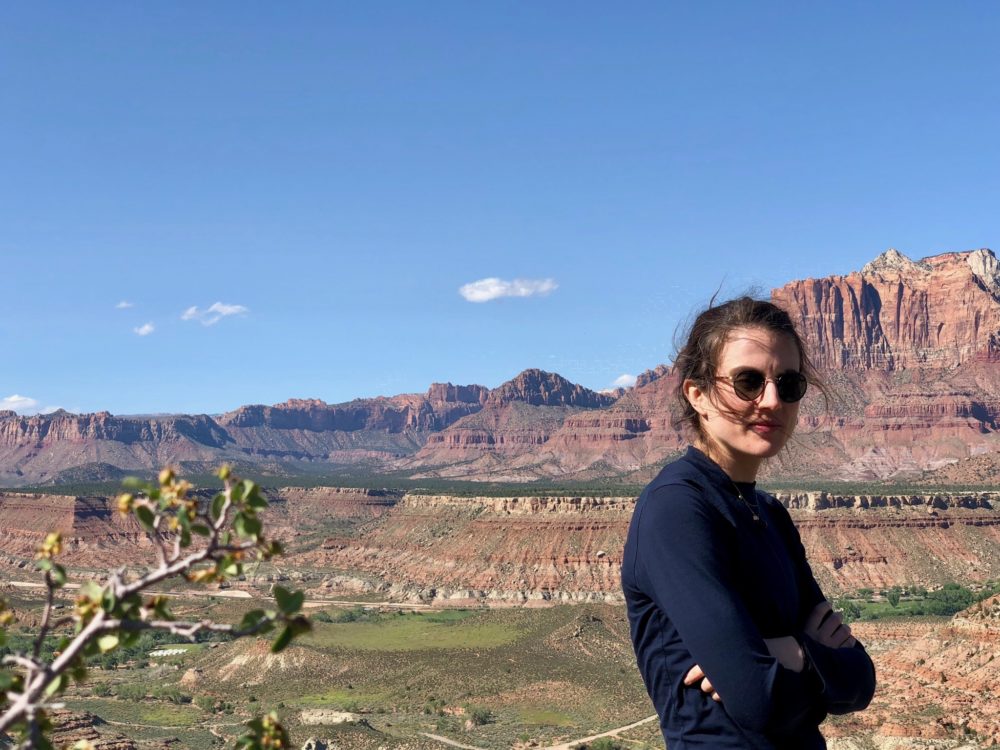
Editor's note: To close out our week of intensive climate change coverage, we spoke to journalist Tatiana Schlossberg. Her debut book, "Inconspicuous Consumption: The Environmental Impact You Don't Know You Have," explores how everything in our lives comes back to climate change — whether we realize it or not.
What inspired you to write this book? What do you want people to understand about consumerism and climate change?
Before I became an environmental journalist, I felt that so many of the articles I read about climate change dealt with it on a scale that didn’t make sense to me – it was either eliminating plastic bottles or transitioning to 100 percent renewable electricity in the next decade. It seemed like there had to be something in between those two extremes that might help all of us better understand this issue, which often feels so abstract and distant, but with which we all interact constantly, whether we’re aware of it or not.
So I wanted to write a book that did that – that helped us understand climate change in the terms and scale of our own lives – and also made the issue feel immediate and relatable. It’s easy to feel that we should care about climate change; it’s harder to actually feel that we can do that all the time.
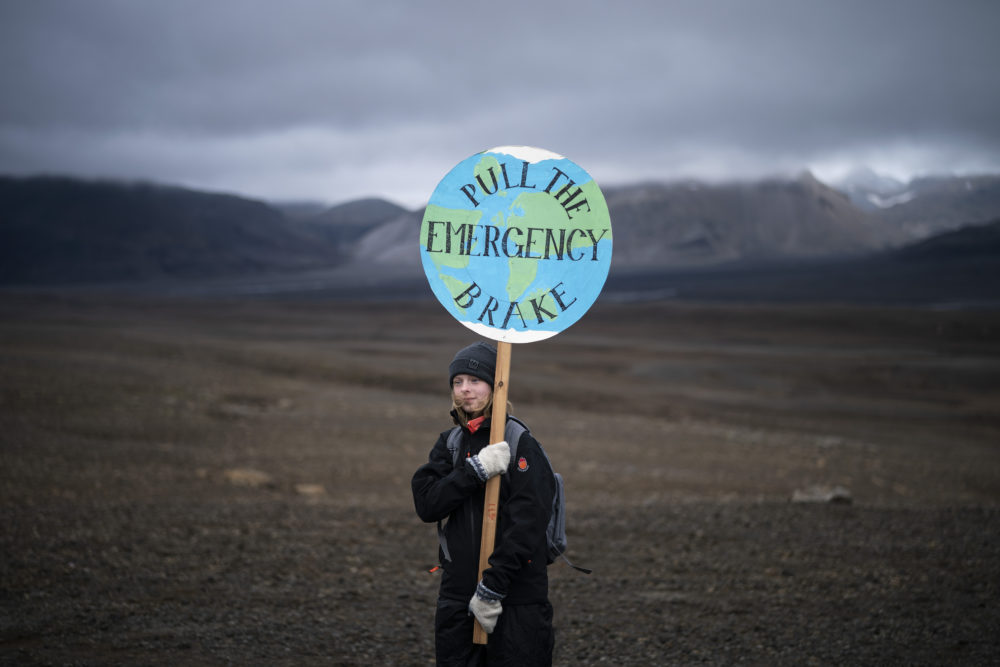
I hope that I can help people better understand how we are all are implicated in the systems that cause climate change. But I don’t want people to feel guilty. I think the narrative of personal responsibility around climate change has been destructive – it makes us turn inward and focus on ourselves as the cause of the problem, and lets those who are actually responsible (fossil fuel companies, their lobbyists, and the politicians who take money from them to name a few) off the hook. I don’t think we should feel individually guilty for climate change, but I think we should all feel collectively responsible for building a better world.
Your book focuses on four areas — the internet, food, fashion and fuel. How did you land on those topics? And what are some surprising things you learned?
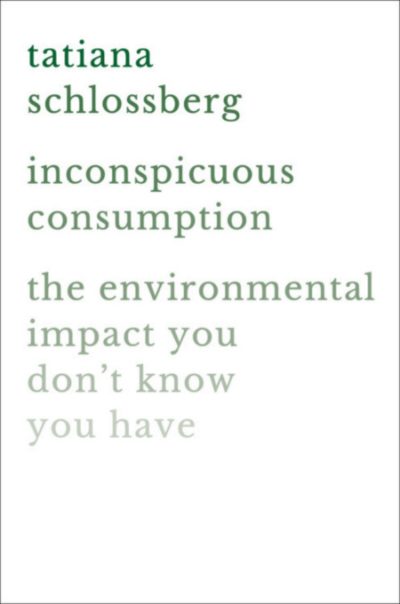
If you think about it, it’s hard to get through a day in the U.S. without interacting with all of these areas. I wrote about food and fuel because those two things combined make up about three-quarters of global greenhouse gas emissions, so I didn’t think I could really avoid them, and I wouldn’t have wanted to – even though some of those topics can seem really technical and boring, they’re actually very interesting. And I chose to write about the internet because the fact that it has any environmental impact is often very surprising to people, and fashion because we usually don’t consider that fashion interacts with just about every industry and economic sector – agriculture, livestock, petrochemicals, mining, industrial manufacturing, shipping, forestry. We also think of it as very intimate, but textiles and fashion have been central to the development of capitalism, so understanding their history helps explain how we got to where we are now.
I was really surprised to learn that there is no food date label standardization, which contributes significantly to why we waste so much food, which generates methane emissions, a powerful greenhouse gas, in landfill, and means that we are using lots of land, water, fertilizer and energy to produce food that no one eats. Sell-by or use-by dates don’t mean anything about whether or not food is still good or safe to eat, but many of us throw out perfectly good food as a result. (The one exception is baby formula, which is government-regulated.)
Advertisement
The amount of water used to produce denim is also astounding – it takes, on average, about 2,000 gallons of water to produce about two pounds of jeans, and to turn cotton into a single pair of jeans can use as much as 2,900 gallons of water, which is completely insane!
I learned about coal ash, which is the byproduct of burning coal for electricity. It is one of the largest solid industrial waste streams in the country, and it contains harmful substances like arsenic, lead, mercury and more, and because of how it is stored, pollutes groundwater and drinking water all over the country. It is a luxury not to have to know about coal ash, but it is an unavoidable part of life for millions of Americans who are disproportionately poor, nonwhite and live in rural communities.
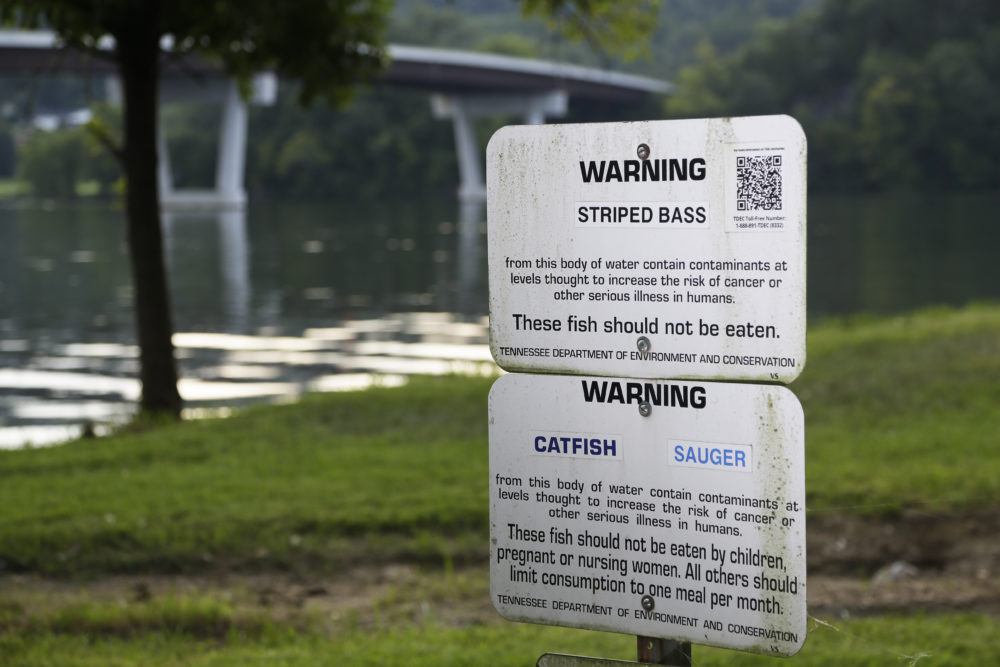
What do you think is the best way to frame the climate challenge? Clearly recent environmental reports sound alarm bells about the coming cataclysm in a way that previous reporting hadn’t. But “calamity” can only get us so far. Most people want to run away from a crisis, not straight for it? How do you think we can talk about this in a way that generates sustained engagement and structural change?
I think it is important to communicate how serious climate change is – it would be a disservice not to. But I’m not sure that emphasizing how scared we should all be is the best way to get people to care – I know it makes me want to crawl into a dark hole and never come out. I think people who speak and write about climate change and environmental degradation need to convey how interesting and important this topic is, because I’m not sure people will feel empowered to help if they don’t feel engaged and called to action. Acting on climate change is also an enormous opportunity – we can address injustice, we can find new solutions to old problems, we can live in a cleaner, healthier world.
There are those who argue that a commitment to stem the tide of global warming should be at the top of every political agenda from the local to national level. And yet, it’s not entirely clear that our president even believes climate change is anything more than a hoax perpetrated by foreign adversaries. How did this become such a political football? And if you had the president’s ear, how would you appeal to him?
Looking back, climate change becoming so closely aligned with the left turned it into a partisan issue, which it really shouldn’t have been. I think it alienated people who identified elsewhere. It was impossible to know that at the time, and the fact that fossil fuel companies and others who benefit from an emissions-intensive economy had so much success in Washington (among members of both parties, but particularly with Republicans) speaks to the destructive influence of money in politics. I think we have often framed climate change as a moral issue, which I think might have made those who didn’t know about it or cared about other things to feel guilty, and as if they were already in the wrong. If we had framed this issue as an opportunity and tried to bring other people along, we might be in a different place today.
I often get asked how to talk to “climate deniers,” and I’m not sure what to tell them because those people live in a different reality where the laws of physics don’t exist. And I’m not sure if the president would respond to this line of thinking, but I think communicating to people the ways in which the same dynamics and phenomena that cause climate change also mean that the system is “rigged” against all of us – whether you’re a farmer in the Midwest who lost an entire year’s crop because of historic flooding, or a fisherman, or work in construction or at an airport. If more of us understood why we all suffer from runaway greenhouse gas emissions and the effects they have, it doesn't matter how we get there as long as we all recognize that we have to do something about it.
Voting is the single most important thing any of us can do to address climate change...
I imagine you are paying attention to the presidential race. Who strikes your fancy on this issue? What about him or her (and their plan) appeals to you?
I was a huge fan of Gov. Jay Inslee’s climate change plan because not only did he engage with the big important issues like environmental justice and investing in frontline communities, but the nitty-gritty policies that can make a big difference, like zoning. I was excited to see that Sen. Elizabeth Warren has adopted many planks of his platform.
And one final, bonus question, also political: I imagine you get tired of being asked about your family [editor's note: Schlossberg is the granddaughter of President John F. Kennedy and the daughter of Caroline Kennedy], but since in many ways an issue like this is going to be decided at the ballot box, we have to ask: do you ever entertain the idea of going into politics?
Voting is the single most important thing any of us can do to address climate change, and change will have to happen at the government level, so I am all for people who care about climate change running for office, but I don’t think I will be one of them. Everyone should serve in the way that suits their strengths, and for me, I think that’s writing. And I do come from a family of politicians, but I also come from a family of writers, so I am proud to be continuing their legacy that way, and very proud to be a member of the press, because as we all know, a free and fair press is essential to a functioning democracy.
Tatiana Schlossberg will be at the Boston Book Festival on Oct. 20. Read an excerpt of her new book, "Inconspicuous Consumption," here.
This story is part of "Covering Climate Now," a week-long global initiative of over 250 news outlets. Follow Cognoscenti on Facebook and Twitter.
